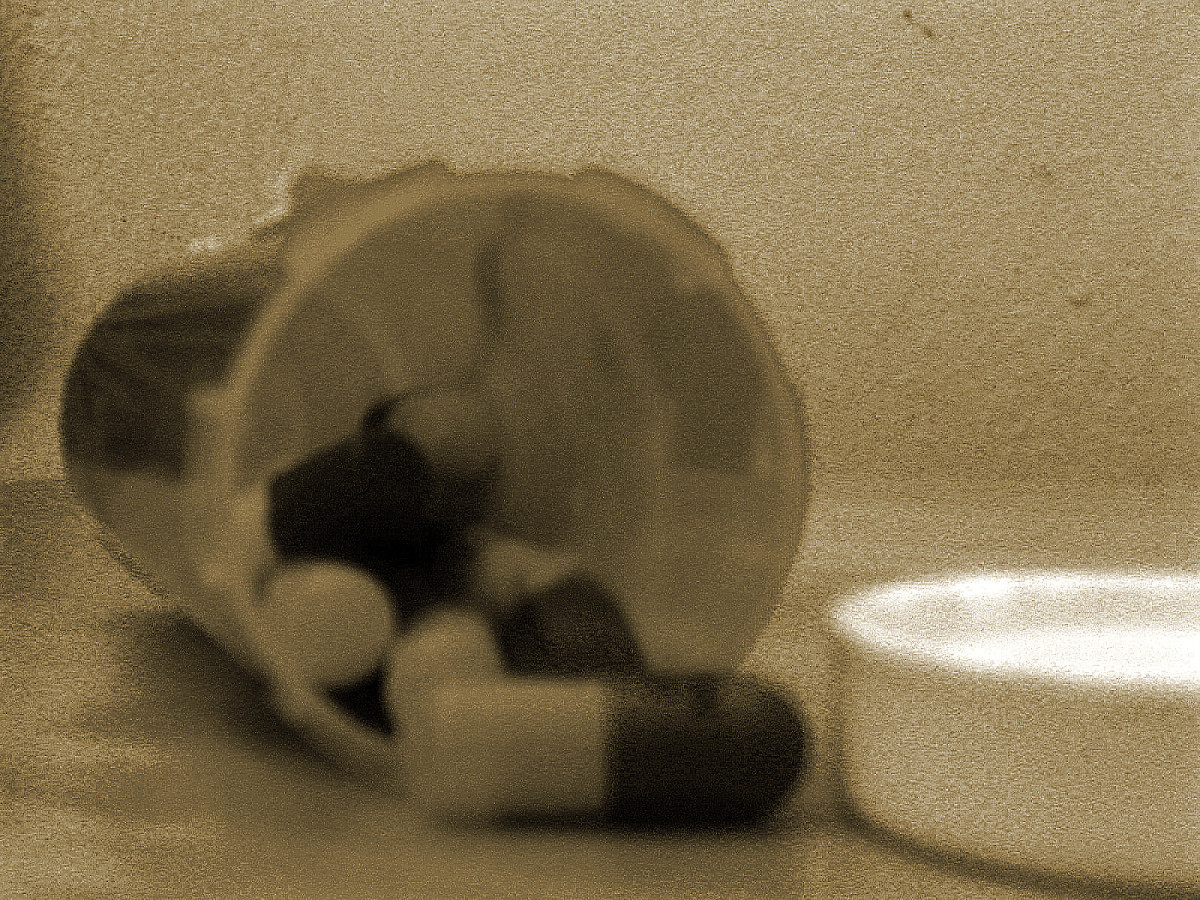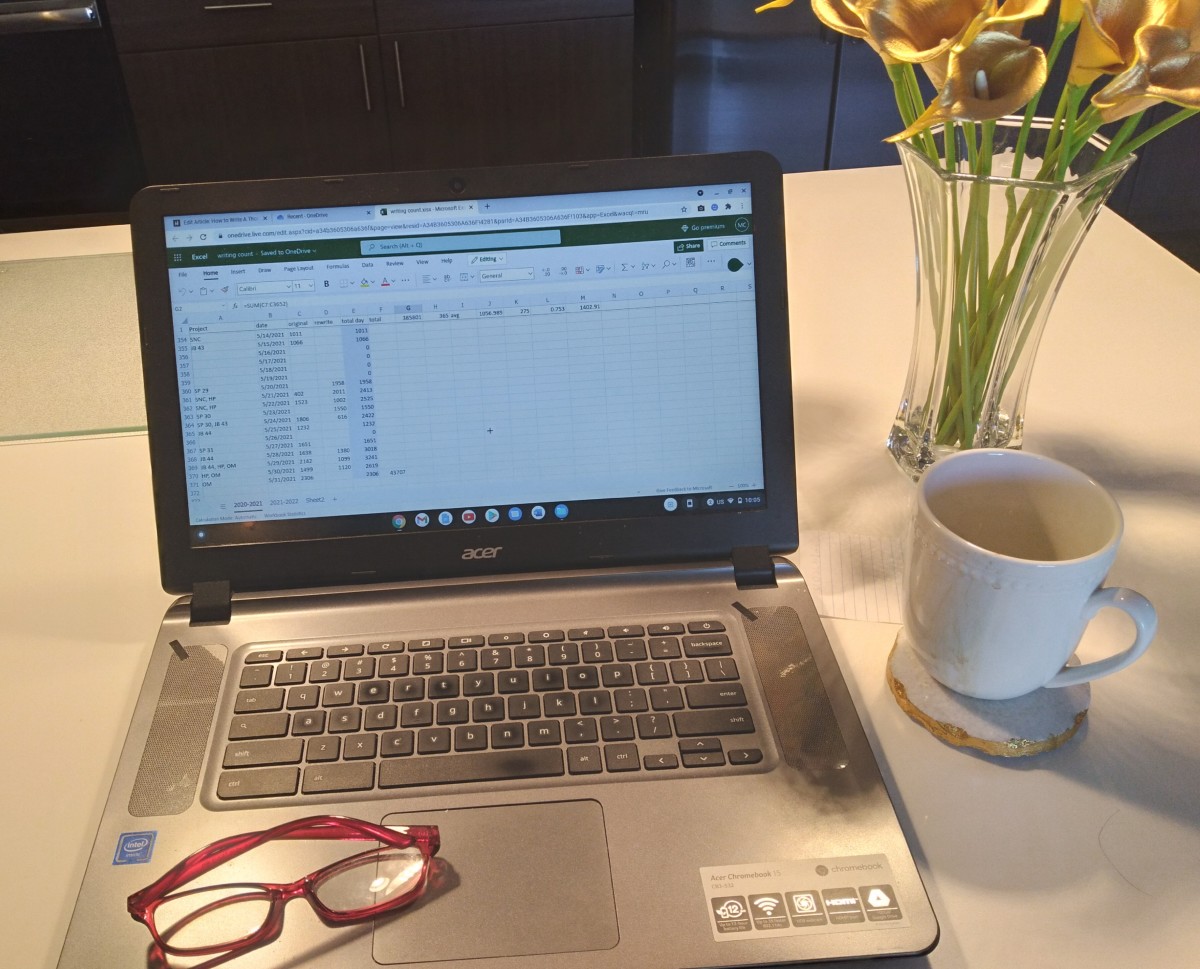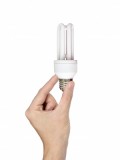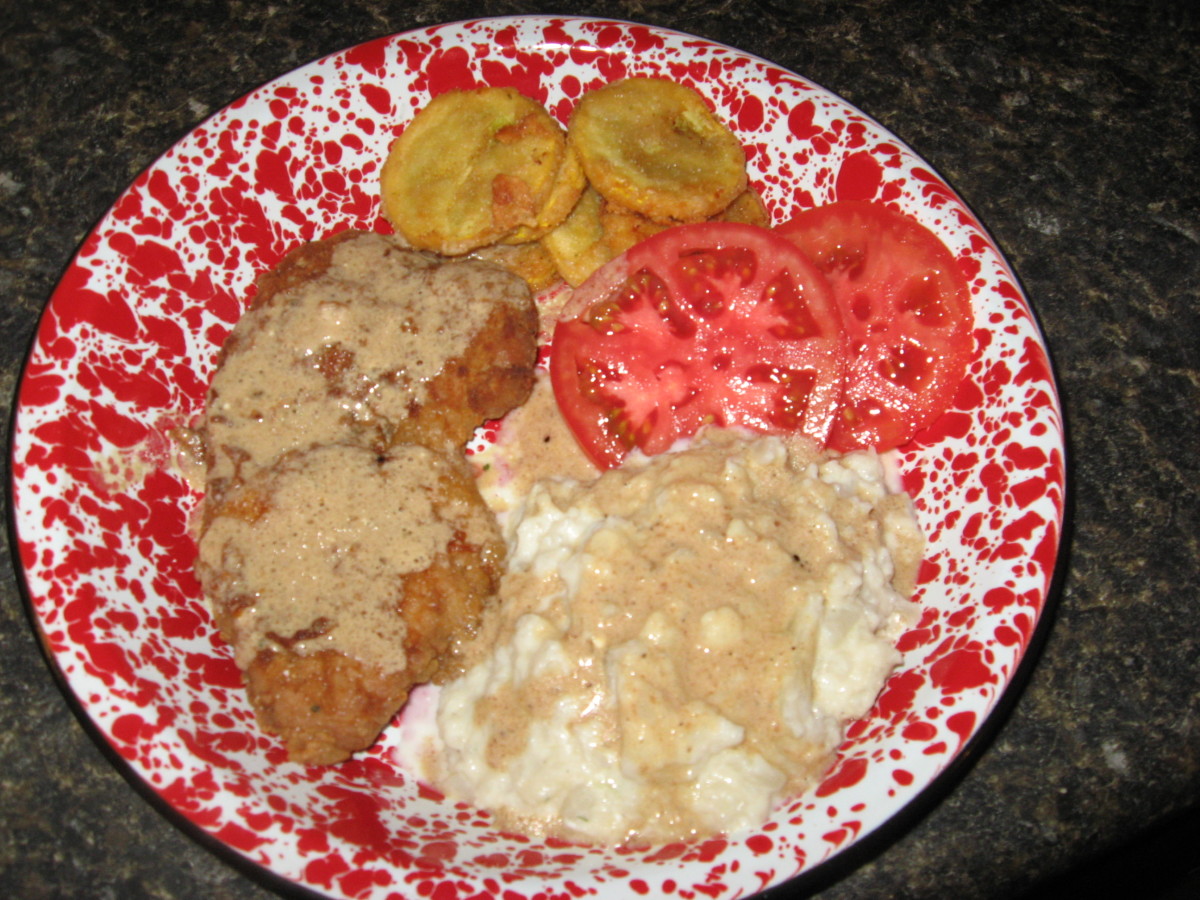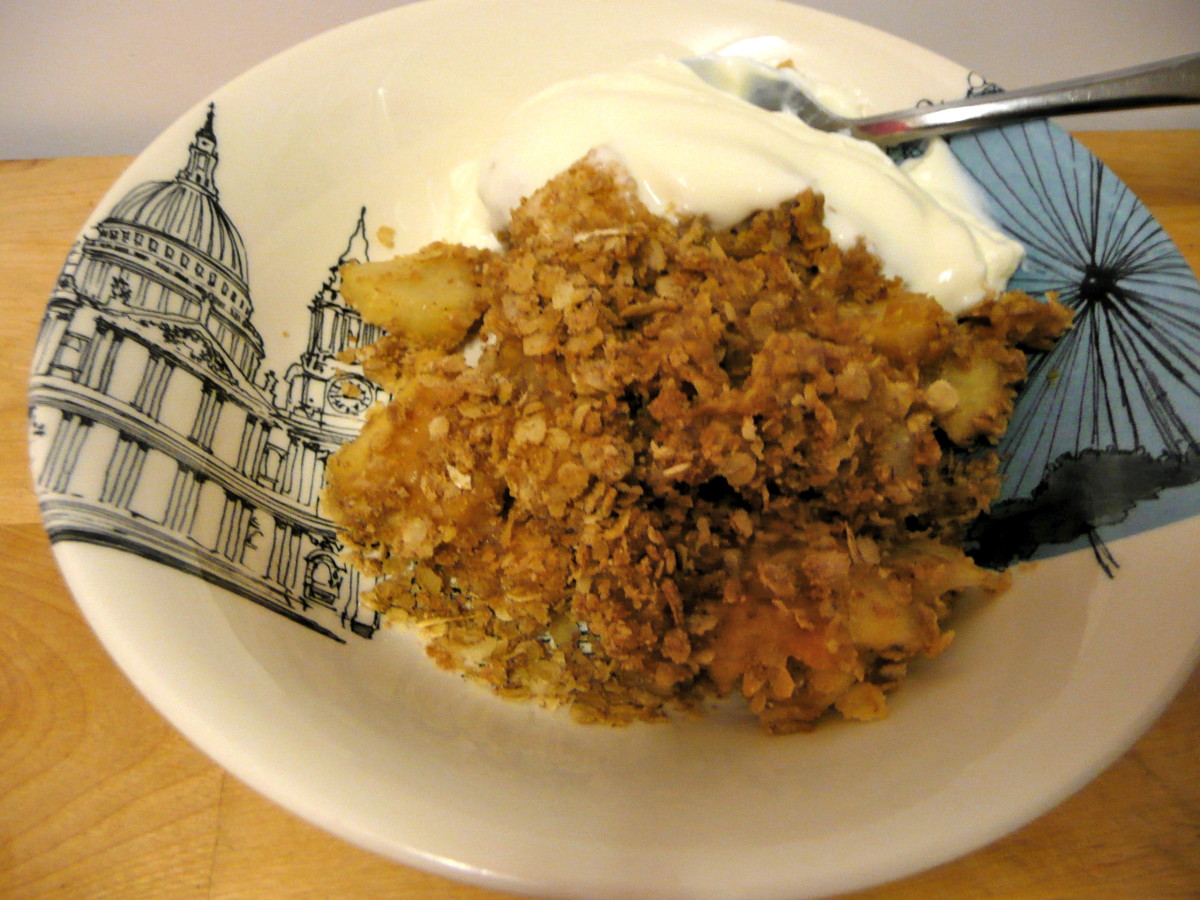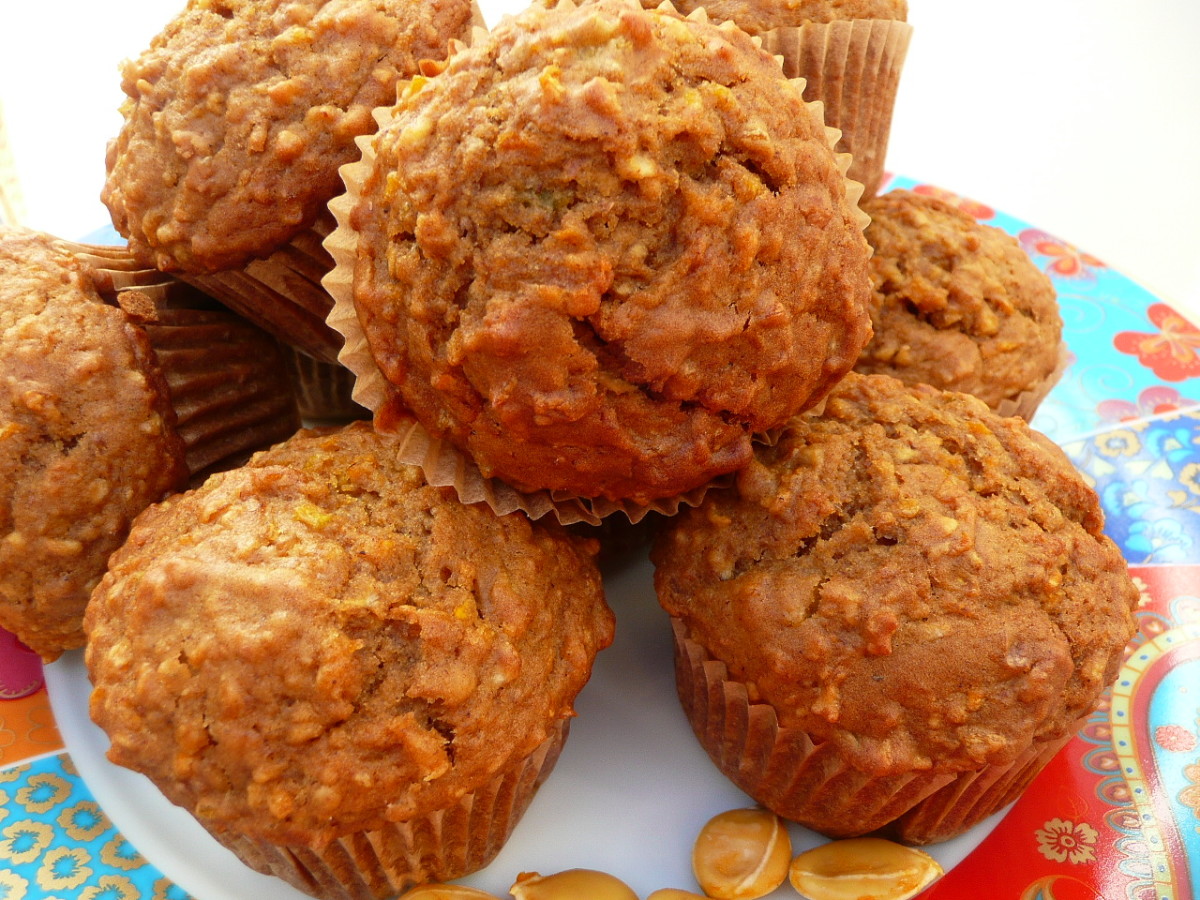How to Avoid Corn Without Really Trying
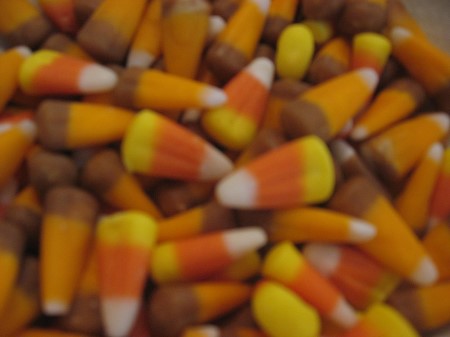
What's Wrong with corn?
As one of the nation's top cash crops, corn seems like an iconic part of American life. Not necessarily in cob form, or even popped, corn is used for everything from sweetening soda pops to thickening sauces to holding medication together. It's like a little miracle in an ear. Unless, of course, you're allergic to it.
We don't know how many people are affected by corn allergies or intolerances, but the number seems to be on the rise. Michael Pollan has written several books and articles regarding America's love affair with corn, and since then many readers have opted to attempt to remove corn from their diets simply because they feel it may be contributing to health problems, because of environmental concerns or because they are concerned about the massive amounts of corn they consume in minute amounts over the course of a day.
There is nothing inherently wrong with corn. It was originally used as a staple in Native American and Mexican diets hundreds of years ago. It's been cultivated in the Americas for over a thousand years. However, over the past 50 to 100 years, our cultivation and use of corn has skyrocketed. As demand rises, ways to improve crop yield have changed too. Corn is one of the most common genetically engineered crops in America; and although some people think this makes it safer than 'conventionally grown' old fashioned corn, it simply means that it can withstand higher doses of potentially toxic pesticides and herbicides.
Whatever the reason you want or need to avoid corn, it's a difficult prospect. Corn production has evolved to a point that derivatives seem to touch every part of our everyday lives. Avoiding corn, therefore, seems like an overwhelming undertaking. However, just because corn seems like an omnipresence in our lives does not mean that your life needs to circle around avoidance.
Can't I Just Eat Organic?
Sure. If your only concern is to avoid GMO ingredients, go organic. However, if you really want to take the corn challenge and give up that golden grain, organic isn't enough. After all, they do grow organic corn. And it falls under the label of corn, corn syrup, cornmeal, and corn starch as well as a multitude of other less-obvious derivatives.
It's also important to note that even if you are happy to consume organic corn as long as it is organic, most organic foods are allowed to contain up to 5% non-organic non-agricultural items (many of them corn derived) which are not readily available from organic sources. The exception to this rule is products labeled 100% organic. They may contain corn...but it will be organically grown and it won't be genetically modified.
Why are you avoiding corn?
What's Wrong With Label Reading?
You could learn to read labels. There are about a hundred different little terms that mean "there is a good chance this is a corn derivative or contains one" on an ingredient list. And, if you really need to, you could learn to memorize and repeat most of them by heart.
However, that, again puts the focus on avoiding corn. It makes you think about corn. It indicates deprivation. When giving up corn, you will need to read labels, but if you think of it as reading to avoid, it gets a lot more depressing if you try to actively avoid a list of potential derivatives. And the goal of this article is to help you avoid corn *without really trying*. Reading labels specifically for the ingredients you know are corn derived might be a little counter productive.
If you really want to avoid corn without feeling like it's overtaking your life, try focusing on Simplicity. Instead of memorizing all the different potential code words for corn, look for transparency in labeling. You can visualize where sugar and flour and water come from. But what about microcrystalline cellulose? Xanthan Gum? Ascorbic acid? If it brings to mind a picture of a pile of mysterious powder in a laboratory, there's a good chance it's corn derived. (Even if it isn't, do you want mystery food in your body?)
Wait a Minute...is a Corn Free Life Even Possible?
Okay, so my title was a little misleading. You do need to be motivated to give up corn. There has to be a reason to choose this lifestyle. But you can minimize the impact of this lifestyle change by thinking of it as a lifestyle change. Take it step by step and focus on simplicity. Simple foods. Simple ingredients. Simple meals. Simply delicious.
- Join the local-vore movement. Yes, they grow corn near where you live. But locally grown foods don't need nearly as much fuss to stay fresh and appealing. Which means your farmer's market apples were fresh pricked, unwaxed and ready to enjoy. Locally grown produce also gives you the unique opportunity to cross examine...Ahem. I mean, politely inquire about the produce directly from the grower. Before they sell it to you. While it is in your hand and you are looking them in the eye. They'll tell you things you never knew about farming. Some will fascinate you. Some you'll wish you never knew. But you'll never really want to go back to box-perfect produce.
- Go Paleo. This diet isn't necessarily corn free. And no, I'm not suggesting you eat a slab of raw meat. Ew. Most paleo-eaters do cook their food nowadays. They simply cook it without fuss and keep it on the rare side. The beauty of the paleo diet is it's transparency and the focus on eating close to the natural state of foods. This allows you to see exactly where the food came from and to be aware of any processing that occurs.
- Eat frozen. Okay, fine. This one goes against everything I just told you. But in my experience, bagged, frozen veggies are less likely to be spritzed with a corn derived citric acid wash than regular produce. Some stores are okay. Some aren't. I have a running tally of the local ones in my head. But when in doubt, there are a variety of safe frozen veggies.
- Bake at home. Everyone loves homemade goodies. Once you have cleared out your kitchen and restocked with corn free basics, you don't even have to think about the fact that your baking needs to be corn free. You and your family will not feel deprived of storebought cookies when you have a steady stash of homemade delicacies. Does it take longer? Yes. But it's worth it. This is a lifestyle change. Accept it and move on.
- Forget bread. Yes, you heard me right. It is very, very hard to find corn free yeast. If you want to give up corn without even trying, giving up bread will have to be included. If you need help with that endeavor, you might check out my hub 'The 'OMG I was Just Diagnosed with Celiac and there's Nothing to Eat" guide to Brown Bagging it' for suggestions.
- Think Environmentally friendly. A lot of green companies are GMO free, and their ingredient list is transparent. Even better, make your own environmentally friendly corn free cleaning supplies. Buy industrial sized bags of baking soda, and vats of apple cider vinegar. The combination will tackle just about any household cleaning that needs to be addressed, and pass with flying colors. It takes a little more elbow grease and time, but tell yourself it's for the environment and it will feel like less of a sacrifice.
- Simplify. It's remarkable how easy it is to forget that food doesn't need a lot of fancying up to taste good. Green beans just need a touch of butter or oil. Carmelized onions add plenty of flavor to any meal, and they smell delicious, too. You don't need sauces, or prepackaged spice mixes, or freeze dried packets of flavoring. Just good, old-fashioned food. It's not always exciting, but it's filling, comforting and good for you. Oh, and it's generally corn free, too.
This is Never Going to Work!
It will. You do need to think about giving up corn in the beginning. You'll need to think about where it is, what it's used for. There are just so many ways our society applies corn derivatives to everyday things that it's impossible to avoid them completely without understanding how, exactly, they find their way into our lives.
But once you know how corn derivatives are used in the things we use every day, you can apply the steps above toward living without them and not living around them.
Focus on Simplicity. Not only will it help ease the transition away from a dependance on corn and GMO, it helps you find focus and clarity. It's better for the environment. It's better for your health. It's easier to explain. And if you simplify your life, you have less research to do. Use basic, environmentally friendly cleaners...and use multipurpose ones. Cook with ingredients not from packages. You'll feel more in touch with the Earth.
You may just find that when you give up corn, after a while, you've let go of a lot of stress, too.

